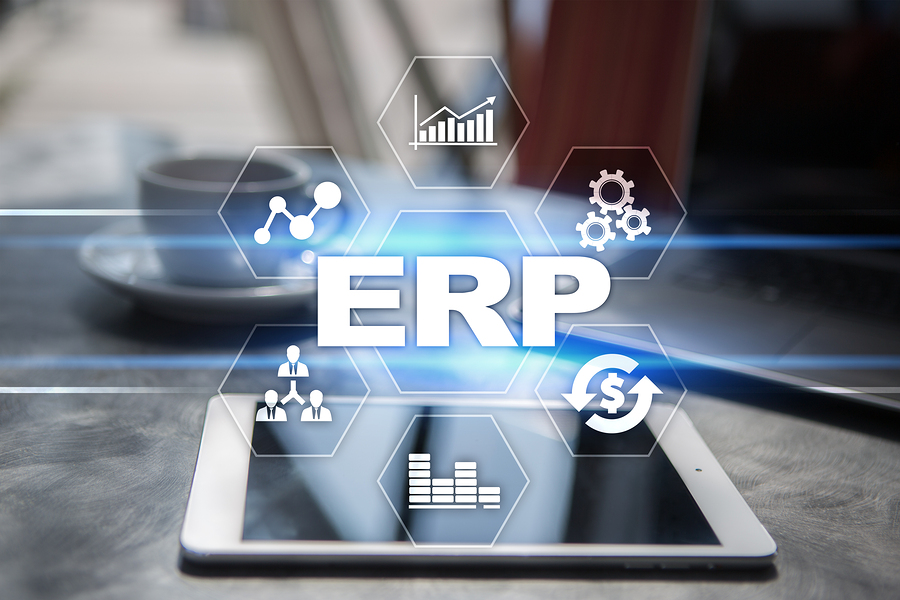 It used to be that having one’s head in the clouds was a bad thing. Now you’re being told to put your data in the cloud. Far from its meteorological counterpart, a cloud in the technology world is software and services that are hosted and accessed via the internet. This off-premises hosting allows bigger amounts of data to be stored without companies needing to invest in their own costly physical servers. Popular cloud services that you might be most familiar with already include web hosting, social media, and Google Docs.
It used to be that having one’s head in the clouds was a bad thing. Now you’re being told to put your data in the cloud. Far from its meteorological counterpart, a cloud in the technology world is software and services that are hosted and accessed via the internet. This off-premises hosting allows bigger amounts of data to be stored without companies needing to invest in their own costly physical servers. Popular cloud services that you might be most familiar with already include web hosting, social media, and Google Docs.
While the cloud is becoming more and more popular, not all companies have made the jump from on-premises to cloud. Some had concerns about passing fads or flaws, especially with regards to security but, as time has passed, no big red flags have popped up to warn us away from cloud ERP solutions. So, if you’ve been considering moving to the cloud, now is the perfect time to make the jump. There’s no need to be nervous. We’ve assembled some of the best tips available to help you make the transition.
9 Tips for Jumping to the Cloud
While cloud computing does make a lot of things easier—mobile access, more data storage, etc. —moving to the cloud takes a little bit of prep work to ensure a successful ERP implementation. These nine tips will help pave the way for a clear and confident transition from your current programs to your new cloud-based ERP solution.
- Establish project goals: Have a clear set of goals written down for your ERP project. This will help you find the right partners and track the success of the implementation.
- Build a cross-functional team: Create a team comprised of everyone who will use the ERP system. These individuals can guide you through the process of choosing the right cloud ERP for your needs, identifying reports, and assessing data elements for the integration. Ideally, you also want to have a team leader who can centrally coordinate team feedback to the ERP vendor so they aren’t overwhelmed by speaking with multiple people on the team.
- Inventory your data: Take an inventory of your current data elements throughout all departments and make sure to backup all data.
- Review processes: What business processes are you seeking to improve? Cloud ERP makes processing go faster, but making a bad process faster is just increasing the speed of frustration. Instead, audit your processes to see where improvements can be made and how your new cloud ERP can contribute to those improvements.
- Add extra time for project completion: Even if your best estimates indicate it will take X number of weeks for the cloud ERP transition, add on additional time for those little things that will inevitably pop up along the way. Questions, additional scope of work, and minor glitches all take time to fix. Even the easiest project has some level of challenge.
- Share information: The more information you can share with integration partners, the more successful the project will be. Be sure to include all documentation, data dictionaries, and other information.
- Experience counts: Look for a cloud ERP vendor with a proven history of successful transitions for companies in similar industries. Ask for references.
- Allocate time for training: Even the best system will not perform if your employees don’t know how to use it properly. Always schedule at least the recommended amount of time for training. Group and individual training may be needed to help everyone who will use the system get up to speed on it.
- Vendor selection: Selecting the right vendor for your company’s transition to cloud ERP is important. It’s not just a question of finding an experienced vendor. It’s also a question of finding someone you feel comfortable with and can reach in case of questions. Take your time and get to know your vendor. Ask who will be your main point of contact moving forward and who will be conducting training. Get all in writing before proceeding.
ASI Moves You to the Cloud
No matter how big or small your business is, Accounting Systems, Inc. is a proven partner for moving to cloud ERP. Our experts can facilitate your entire transition, from planning to implementation, and ensure a successful move.
Ready to take it to the cloud? Contact ASI today and let us take you there.

